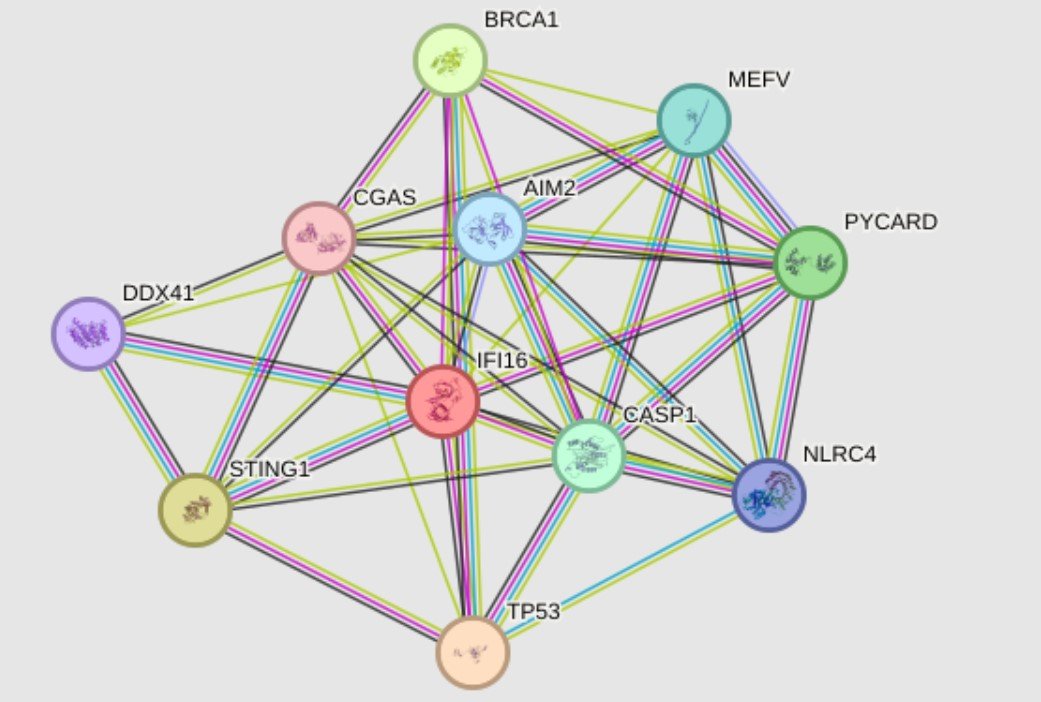The immune system is a double-edged sword; while it protects against infections, it can also cause harm if not properly regulated. Researchers have now highlighted a family of proteins, known as Turandot, that protect the fruit fly from its own immune system’s potential overreactions.

These proteins are produced in response to stress or immune activation, but their precise role has been elusive until now. The study reveals that Turandot proteins bind to cell membranes, particularly in the respiratory epithelium, safeguarding them from the damaging effects of AMPs.
Turandot: The Protectors Within
The research conducted at EPFL utilized advanced techniques to unravel the interaction between Turandot proteins and cell membranes. It was found that these proteins predominantly attach to a specific lipid called phosphatidylserine, present on the surface of stressed cells.
By latching onto phosphatidylserine, Turandot proteins prevent AMPs from harming the body’s own cells. This mechanism is vital for maintaining tissue integrity and ensuring survival under stress.
Implications for Human Health
This study is not just a scientific curiosity; it has profound implications for human health. The similarities in defense mechanisms across species suggest that humans may possess comparable protective strategies.
Understanding these mechanisms could lead to novel treatments, particularly for conditions like certain neurodegenerative diseases where an overactive immune system contributes to the pathology.
















